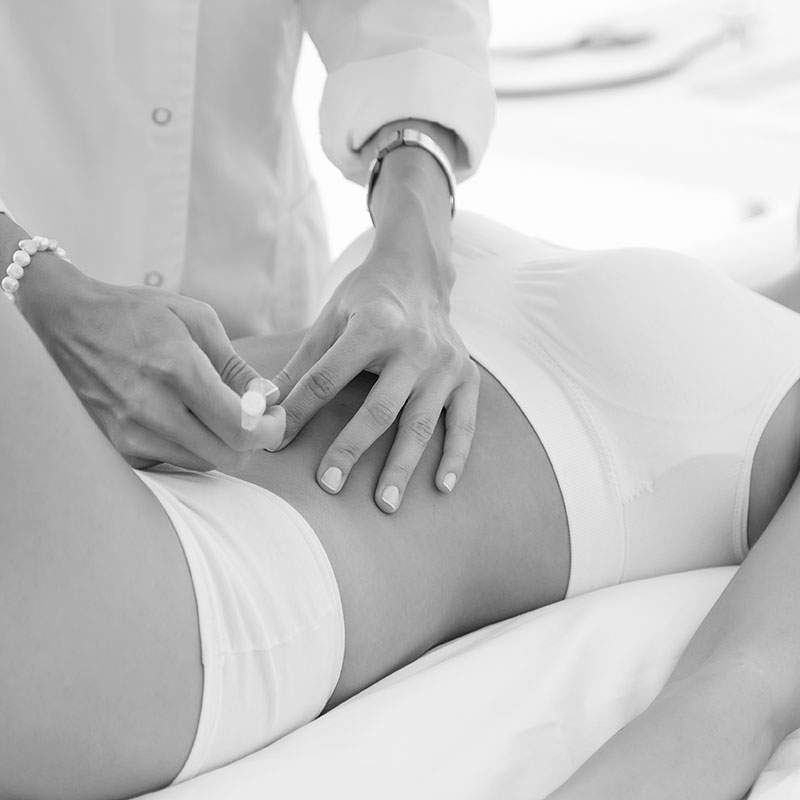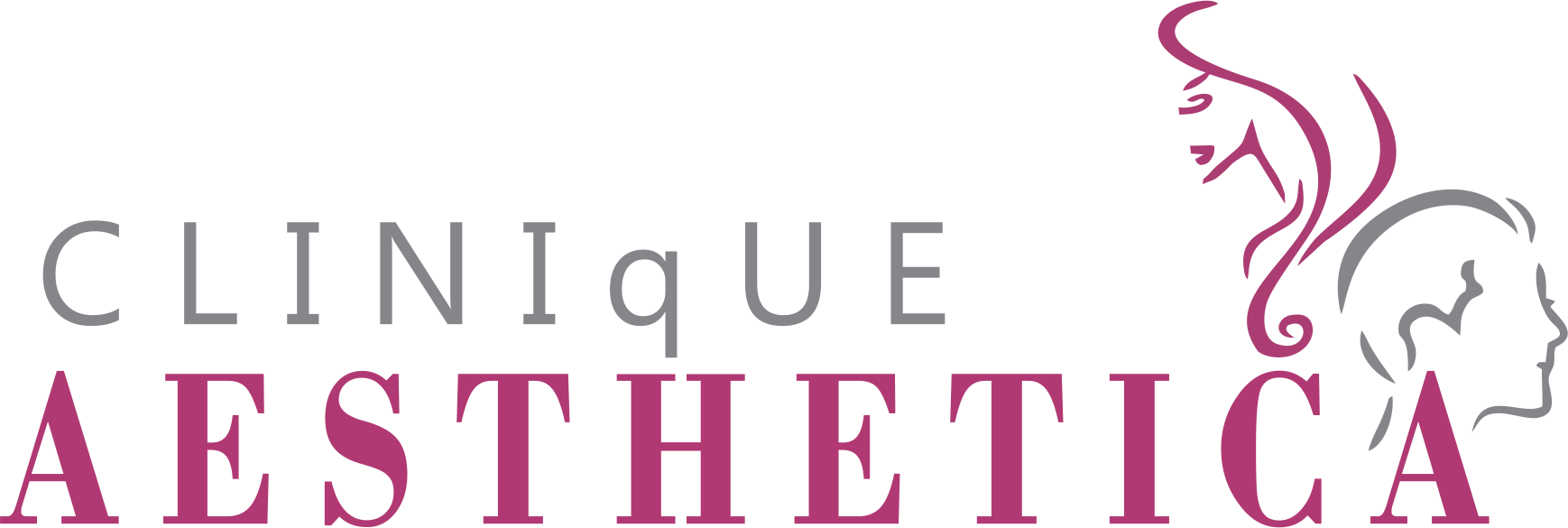Hair Loss Treatment in Mumbai
Are you struggling with hair loss?
Do you feel frustrated and overwhelmed when you look in the mirror and see more and more of your scalp showing?
You are not alone.
“Millions of people around the world experience hair loss, and it can be a difficult and emotional journey to find a treatment that works. But there is hope,” says Dr. Vinod Vij, a renowned hair transplant surgeon in Mumbai.
Dr. Vinod Vij and his skilled team of hair specialists at Clinique Asthetica treat many hair loss problems, scalp disorders, and hair shaft problems. Our qualified trichologist, Dr. Vinod Vij, is a registered Member of the association of hair restoration surgeons of India.
Dr. Vij is among the leading hair specialists for people seeking hair loss treatment in Mumbai.
Overview: Hair loss and its causes
Hair loss, also known as alopecia, is a common condition that affects men, women, and children of all ages. A variety of factors, including genetics, medical conditions, and certain medications, can cause it.
The most common type of hair loss is male or female pattern baldness, which is caused by a combination of genetics and hormones. Other types of hair loss include alopecia areata, an autoimmune disorder that causes hair to fall out in patches, and telogen effluvium, which is temporary hair loss caused by stress or other external factors.
Hair loss can have a significant emotional impact, leading to low self-esteem and insecurity. It can also have physical consequences, such as sunburn on the scalp or headaches caused by a change in the weight of the hair.
Several treatment options for hair loss are available, including medications, surgery, and natural remedies. The best course of action will be based on the individual and the cause of their hair loss.
If you or a loved one is facing hair loss problems, please visit the eminent hair transplant and cosmetic surgeon Dr. Vinod Vij for a reliable and effective hair loss treatment procedure.
Ideal candidates for hair loss treatment
 Hair loss, or alopecia, can affect anyone at any age. Still, certain groups of people may be more likely to experience hair loss or may be more suitable candidates for hair loss treatment. These include:
Hair loss, or alopecia, can affect anyone at any age. Still, certain groups of people may be more likely to experience hair loss or may be more suitable candidates for hair loss treatment. These include:
- Men with male pattern baldness
- Women with female pattern baldness
- People with a family history of hair loss
- People with certain medical conditions or treatments that can cause hair loss, such as chemotherapy, radiation therapy, and certain medications
- People experiencing physical or emotional stress, which can lead to temporary hair loss
If you are concerned about hair loss, you must consult an experienced dermatologist like Dr. Vinod Vij, who can evaluate your situation and recommend the most appropriate treatment options.
Treatment options for hair loss
There are various treatment options for hair loss. Some of the most common treatment options for hair loss include:
Medications: Certain medications, like finasteride (Propecia) and minoxidil (Rogaine) can help to regrow hair or slow down hair loss in some people. These medications are available by prescription and may be used alone or in combination with other treatments.
Hair transplant surgery: Hair transplant surgery involves transplanting hair from a part of your scalp where hair growth is healthy to the balding area. Several techniques can be used, including follicular unit transplantation (FUT) and follicular unit extraction (FUE).
Low-level laser therapy (LLLT): This therapy employs low-level lasers to encourage hair growth and reduce hair loss. This treatment is usually done in a series of sessions and may be combined with other treatments.


Platelet-rich plasma (PRP) therapy: PRP therapy involves injecting a concentration of your own platelets into the scalp to promote hair growth.
Scalp reduction surgery: This procedure involves removing a portion of the scalp with hair loss and pulling the surrounding scalp together to reduce the size of the bald area.
“However,” says hair transplant and cosmetic surgeon Dr. Vinod Vij, “it is important to note that not all treatments are effective for everyone, and some treatments may work better for certain types of hair loss than others.”
You can discuss all your treatment options with Dr. Vinod Vij to assess the best course of treatment for your specific situation.
Recovery time after hair loss treatment
The recovery time after hair loss treatment can differ depending on the specific treatment that is being done.
Some treatments, such as medications and laser therapy, may not require any recovery time and can be done on an outpatient basis. Others, such as hair transplant surgery and scalp reduction surgery, may require a more extended recovery period.
During the recovery period of hair transplant surgery and scalp reduction surgery, the individual may experience swelling, redness, and discomfort in the treated area. The new hair growth resulting from both these surgeries may take several months or even a year to become visible.
Aesthetic surgeon Dr. Vinod Vij adds, “In hair transplant surgery, the transplanted hair will typically fall out within the first few weeks after the procedure, but do not panic.”
He explains, “This is a natural occurrence called shock loss while the newly transplanted hair grafts get used to being displaced from their original places. However, they will begin to grow within a few months.”
It is important to follow the instructions of your healthcare provider or surgeon closely during the recovery period to ensure the best possible outcome.
Hair loss treatment - Aftercare
Aftercare is vital following any type of hair loss treatment to ensure the best possible results and to minimize the risk of complications. The specific aftercare instructions will depend on the kind of treatment that was done but typically include the following:
Protect the treated area: It is crucial to protect the treated area from sun exposure and avoid vigorous activities like exercise or sports that may cause trauma to the area.
Follow the medication regimen: If medications are prescribed as part of the treatment, it is important to take them exactly as directed.
Treat the hair gently: It is essential to be gentle when washing and styling the hair following treatment to avoid damaging the hair or the treated area.
Avoid certain products and activities: There may be specific products or activities that should be avoided following treatment, such as certain hair care products that may be harsh or swimming in chlorinated pools.
Attend follow-up appointments: As recommended by your dermatologist, it is important to monitor the progress of the treatment and make any necessary adjustments.
Highly-skilled cosmetic surgeon Dr. Vinod Vij adds, “Following the aftercare instructions closely will help ensure the best possible outcome and minimize the risk of complications.”
Risk factors of hair loss treatments
There are several risk factors to consider when considering hair loss treatment. So, discussing these risks with a healthcare provider or dermatologist before starting any treatment is essential.
Some of the potential risks associated with hair loss treatments may include the following:
Side effects of medications: Some medications used for hair loss treatment, such as minoxidil and finasteride, can cause side effects in some people, such as scalp irritation, dizziness, and allergic reactions.
Infection: There is a risk of infection with any surgical procedure, including hair transplant surgery and scalp reduction surgery.
Scarring: Hair transplant surgery and scalp reduction surgery may result in scarring in the treated area.
Unsatisfactory results: Some hair loss treatments may only be effective for some, and it is possible that the desired results may not be achieved.
Cost: Hair loss treatments can be expensive and may not be covered by insurance.
Before starting any treatment, please weigh the potential risks and benefits of any treatment with the dermatologist.
Hair loss treatment cost in Mumbai
The cost of hair loss treatment in Mumbai can vary depending on the specific treatment, the severity of the hair loss, and other factors. Some treatments, such as medications, may be inexpensive, while others, such as hair transplant surgery, can be more expensive.
According to the International Society of Hair Restoration Surgery (ISHRS), the average cost of hair transplant and scalp reduction surgery in Mumbai ranges from approximately ₹ 50,000 to ₹ 2,00,000 (roughly $700 to $2,800), depending on the extent of the surgery and other factors.
Other treatments, such as low-level laser therapy (LLLT) and platelet-rich plasma (PRP) therapy, may also be expensive, with the cost of each treatment session ranging from several thousand to several lakh rupees.
Hair loss treatment is significantly less expensive in Mumbai than in many Western countries like the USA and the UK.
Please get in touch with us to schedule a consultation with Dr. Vinod Vij so he can assess your hair loss condition and provide you with a breakdown of your treatment cost.
Why choose Dr. Vinod Vij?
Dr. Vinod Vij is a highly experienced and respected dermatologist specializing in treating hair loss and other aesthetic procedures. He has been practicing for many years and has helped countless patients achieve satisfactory results with their hair loss treatment.
Dr. Vij takes a personalized approach to treatment, carefully evaluating each patient’s situation and recommending the most appropriate treatment options.
He is known for his compassionate and caring manner, and his patients consistently praise him for his professionalism and expertise.
No matter where you are on your journey, know that you are not alone and that help is available. Let us find a solution that works for you and helps you feel confident and beautiful again.
If you are considering hair loss treatment, you can trust that you are in excellent hands with Dr. Vij.

FAQ
What should you not do after hair loss treatment?
Some things to avoid after treatment may include:
- Avoid exposing the treated area to the sun, wear a hat or sunscreen with a high SPF.
- Avoid vigorous exercise or activities that may cause trauma to the treated area.
- Avoid certain hair care products that contain harsh chemicals.
- Avoid swimming in chlorinated pools, as chlorine can be harsh on the hair and the treated area.
How long does it take to get rid of hair loss problems?
The time it takes to get rid of hair loss problems can vary depending on the specific type of hair loss and the treatment used.
Some treatments, such as medications, may take 6 months or more to produce noticeable results, while others, such as hair transplant surgery, may take up to a year.
Can hair loss be permanently reversed?
In some cases, hair loss can be permanently reversed with treatment, while in other cases, the hair loss may be temporary, and the hair will regrow on its own. It is essential to discuss the potential for permanent reversal of hair loss with the dermatologist before starting any treatment.
Is hair loss treatment painful?
The pain associated with hair loss treatment can vary depending on the specific treatment being done. Some treatments, such as medications, may not be painful, while others, such as hair transplant surgery and scalp reduction surgery, may be associated with some discomfort. Pain medication may be used to manage any discomfort associated with treatment.











